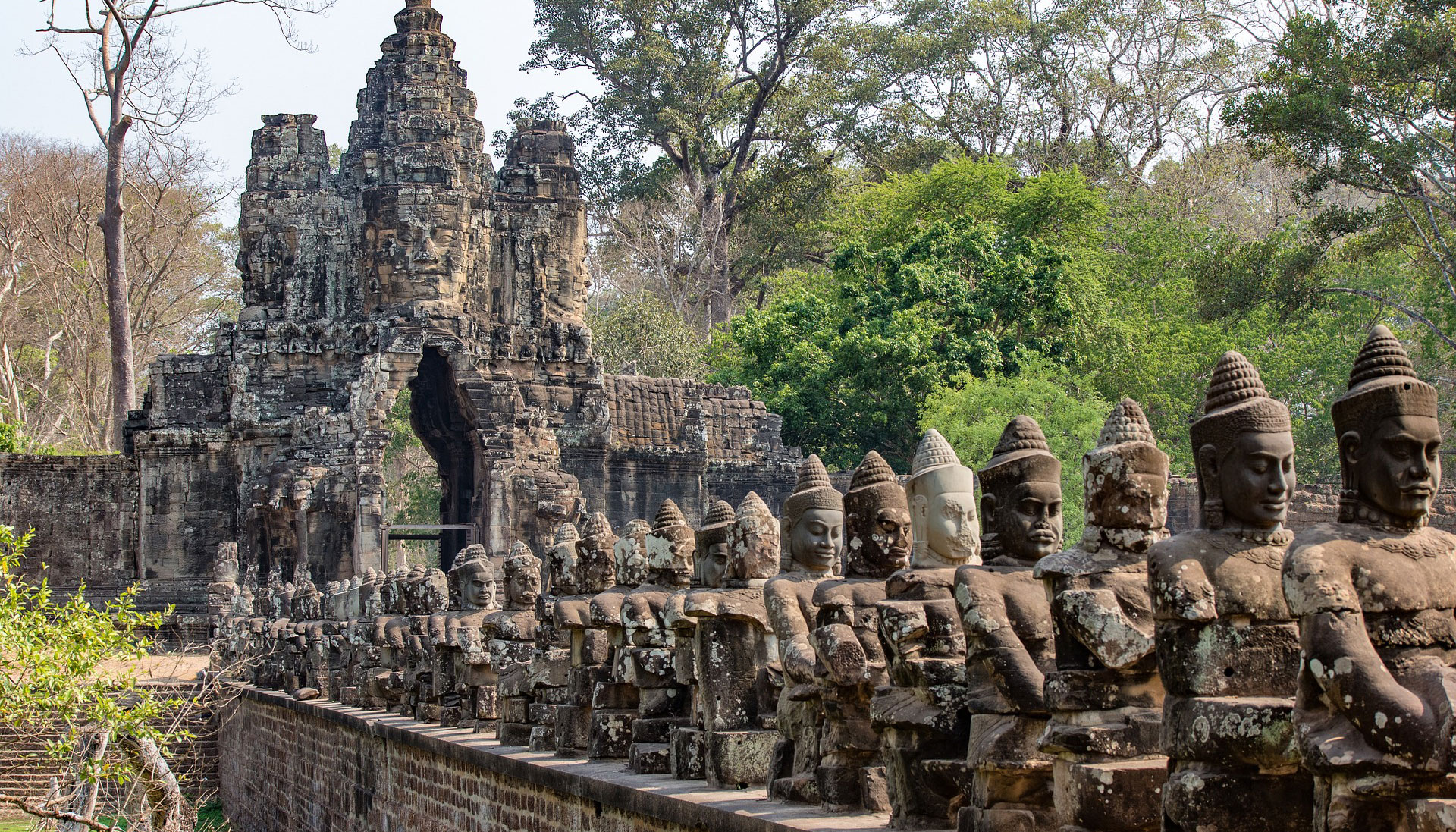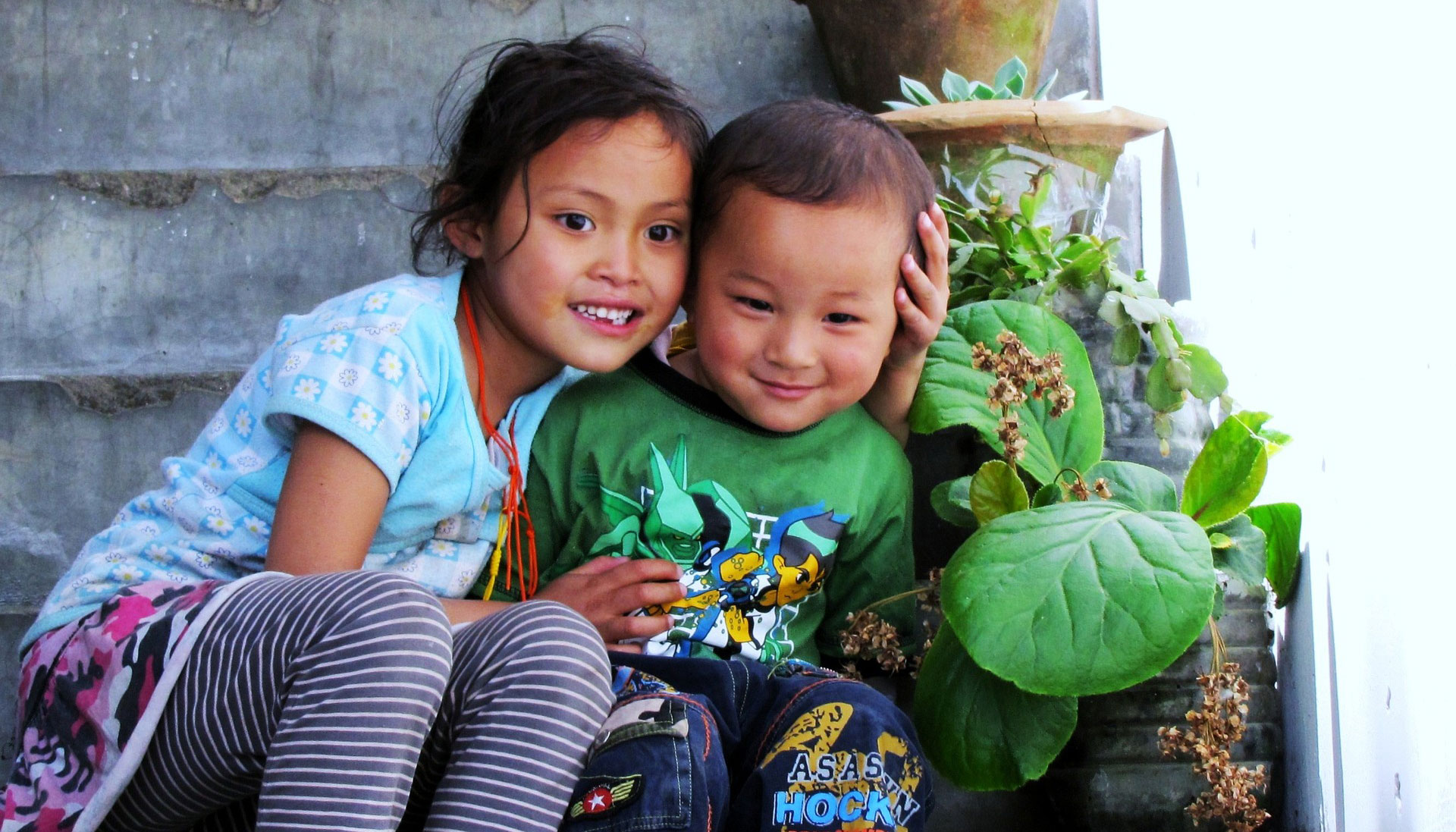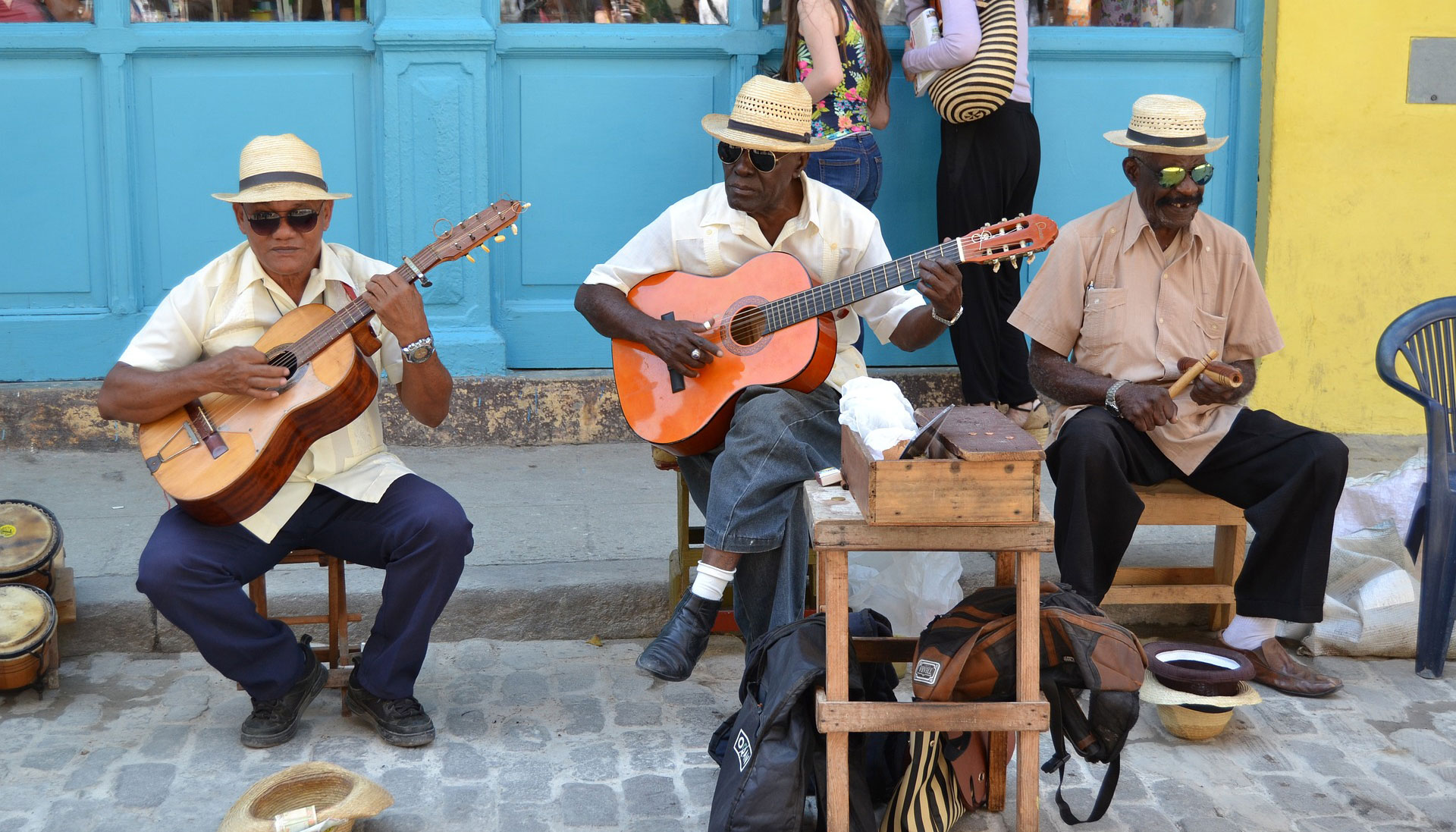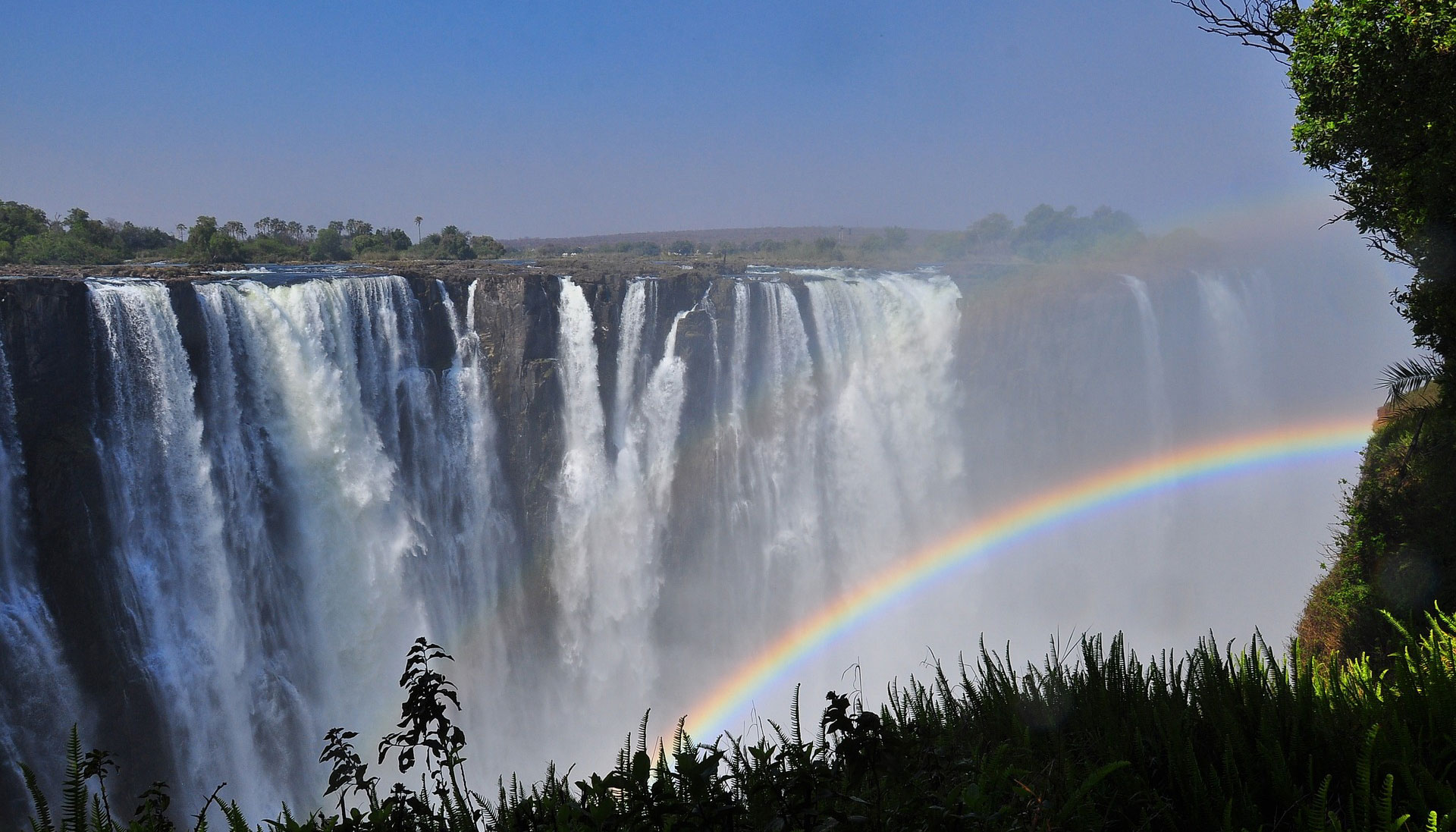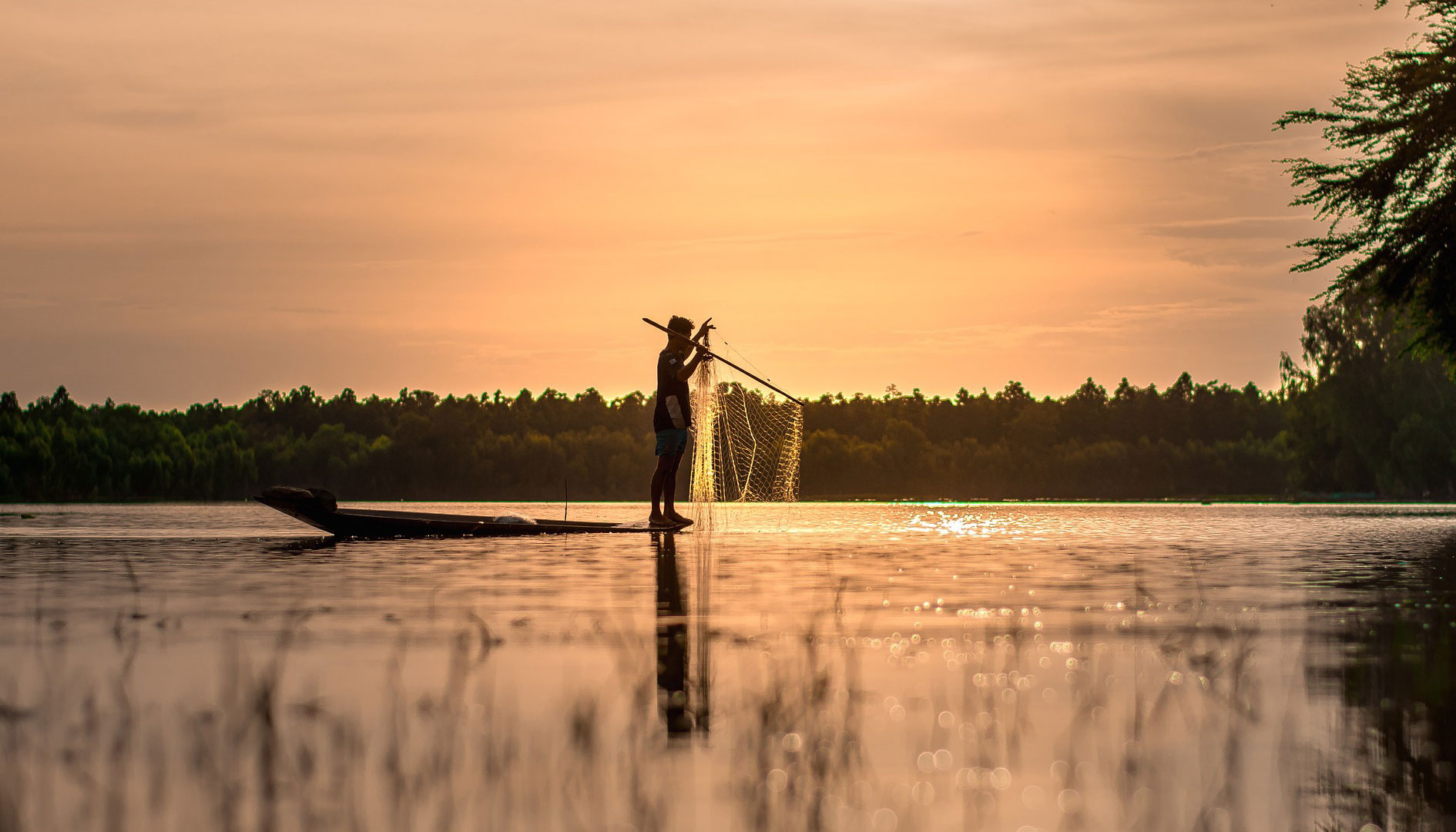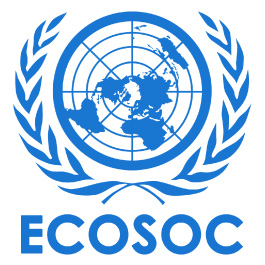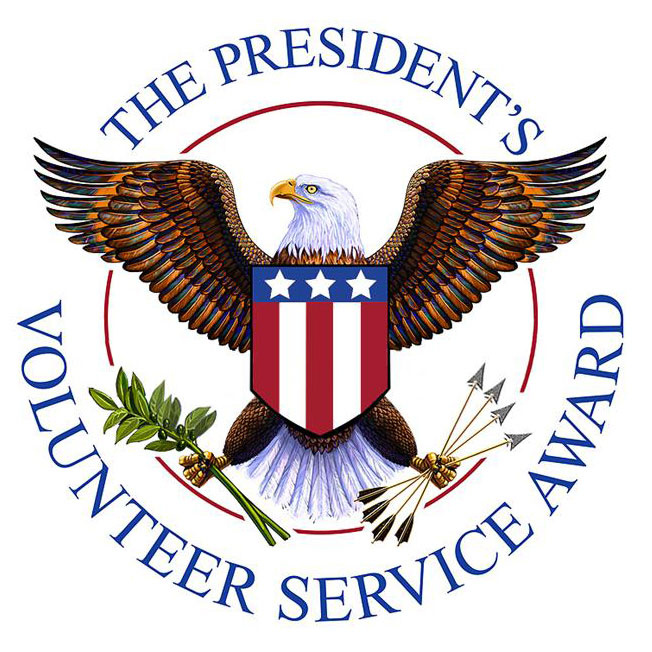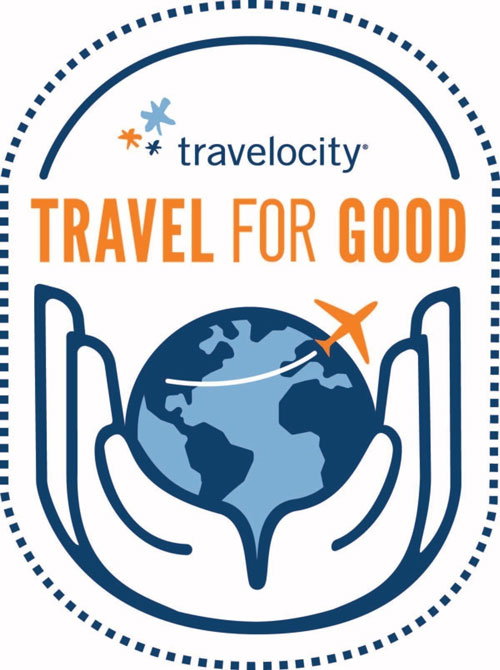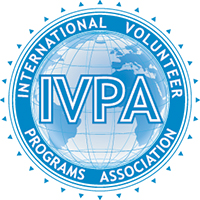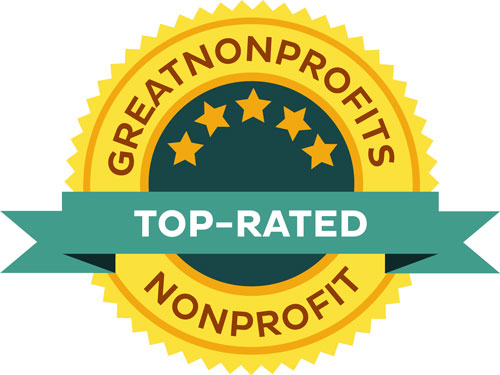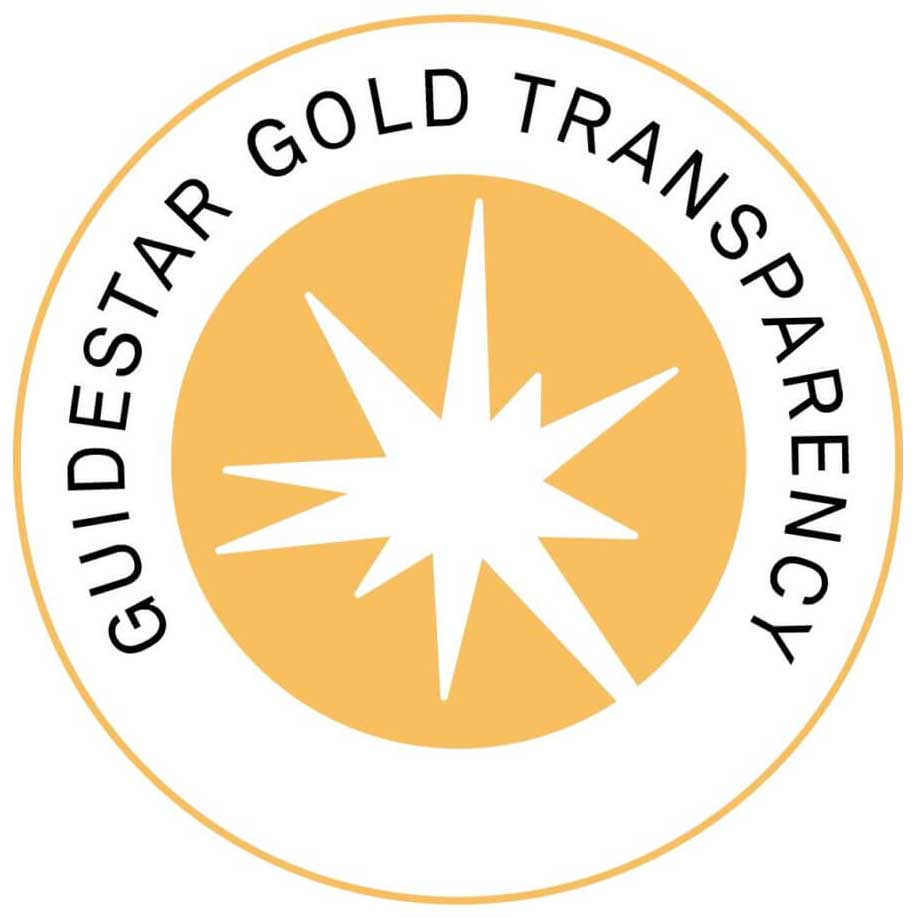Corporations of all sizes have international suppliers, manufactures, agents and customers. Learning about the countries, communities and people is important in understanding how best to manage these business relationships.Kimberly Haley-Coleman of Globe Aware has decades of experience leading groups around the world on short-term volunteer experiences and creating and managing volunteer abroad solutions for groups and companies of every size.
Managing Risk and Reward When Volunteering Abroad
Nearly every public company in the world, and an increasing number of smaller companies, have some level of international engagement linked to their core business. It's part of the globally connected present. Industries ranging from medical, tech, import-export, energy, and finance to agriculture, production, construction, manufacturing, marketing, executive and risk management need to be alert to how geopolitical events could affect their people, product and profit.
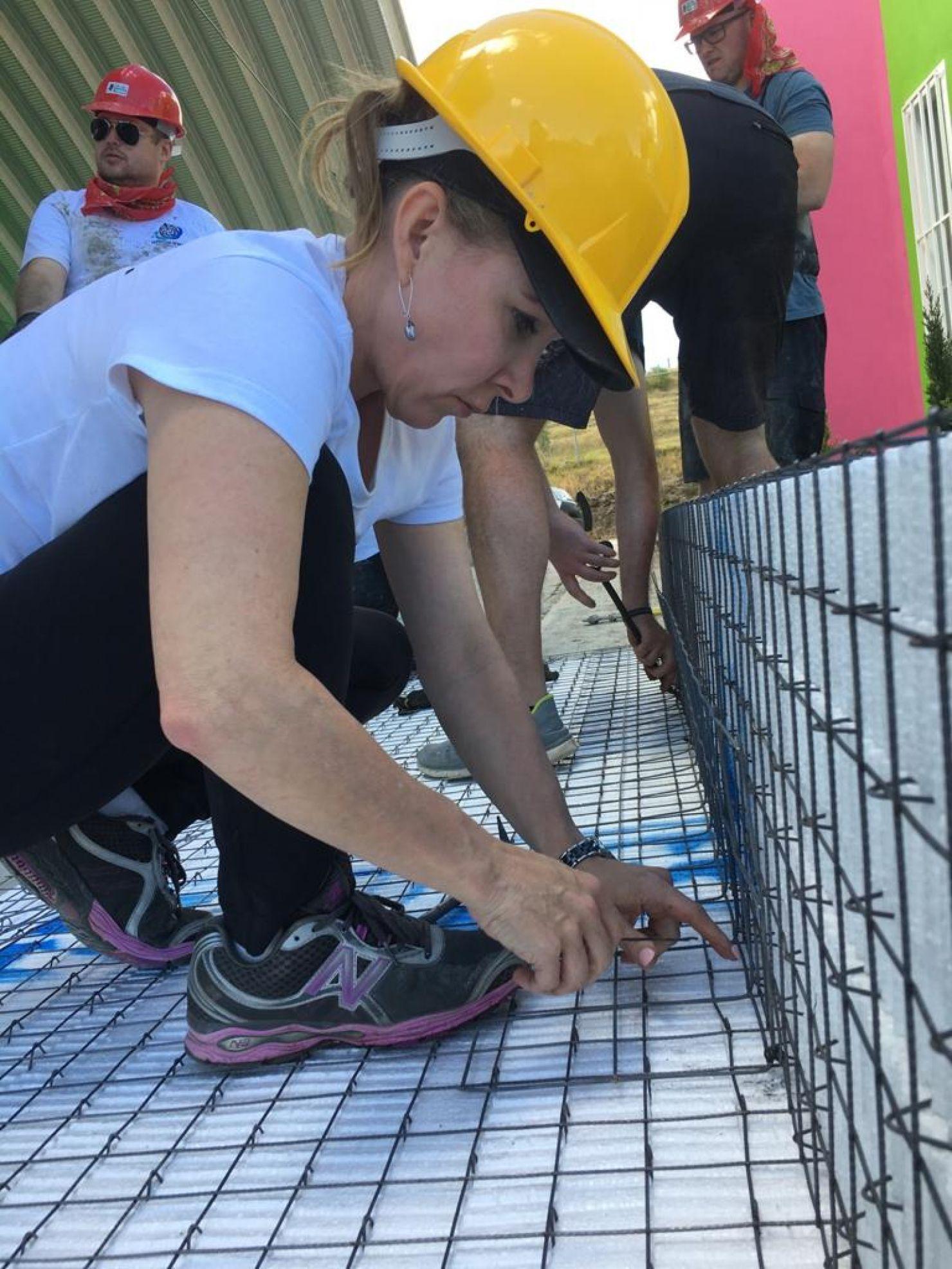 At Stratfor, we believe success in working internationally can be developed with the application of geopolitical know-how: understanding the implications of historical, social and cultural mores, business practices, geography, politics and infrastructure of the countries where you choose to do business.
At Stratfor, we believe success in working internationally can be developed with the application of geopolitical know-how: understanding the implications of historical, social and cultural mores, business practices, geography, politics and infrastructure of the countries where you choose to do business.
Tracking and managing those geopolitical risks can be nearly unmanageable for smaller companies, unless they have strategies and partnerships in place to complement what they can do themselves.
Kimberly Haley-Coleman has firsthand knowledge of what's at stake. She is founder and Executive Director of Globe Aware, a non-profit company that develops short-term volunteer programs in international environments. The company's goal is to provide an immersive volunteer experience for busy professionals who want to make a difference in a short amount of time doing projects that are actually requested by the communities they serve. Ventures in giving range across continents, from Southeast Asia to South America to Eurasia and beyond. Globe Aware works with communities on projects they identify and volunteers in both service work and learning more about the people with whom they are working. Globe Aware links volunteers with ventures and people all over the world.
I'll say it's sort of a mini-Peace Corps experience. While the typical Peace Corps experience is a 2 1/2 year commitment, this is a one week intensive immersion.
Globe Aware volunteers immerse themselves in service and in a community. Projects range from building schools in the Andes to building irrigation projects in Southeast Asia to teaching students in Guatemala to working at an animal rescue in Costa Rica or preserving elephant habitat in Thailand.
"I'll say it's sort of a mini-Peace Corps experience," Haley-Coleman explained. "While the typical Peace Corps experience is a 2 1/2 year commitment, this is a one-week intensive immersion. It's similar in the sense that you're giving back to the community, side-by-side with locals, as equals, on some project that they've chosen, that's important to them, that will hopefully make a really big impact in a short period of time."
Prior to launching Globe Aware, Haley-Coleman led a distinguished career in a broad number of private sector fields tied together by a central theme: helping internationally-focused businesses succeed. As both a for-profit and non-profit leader, Haley-Coleman has a deep appreciation for the value of global awareness.
She told Stratfor that when she decided to launch her company, it became apparent on where she should focus in providing a potentially life-changing experience: awareness and mitigation of risk, and the need to understand at a deeper level the place where you are working.
First and foremost, while we're looking for communities that have need, we also want them to be communities that are culturally expansive... It doesn't mean we're necessarily in the communities of the greatest need, we have been asked to have programs and places like Somalia, Darfur, Afghanistan, Syria, and in terms of risk and liability we just aren't in a position to go into war-torn countries… We really have to watch in terms of safety where were putting our volunteers, and then the projects we work on have quite a few criteria. We're not operating heavy equipment and machinery, we're not high on ladders, we're not Doctors Without Borders, so we are not handling bodily fluids and things like that.
But confounding and complicating efforts is a continually shifting menu of issues that face most developing regions. These changes can be disruptive to people and business as well as potentially dangerous. Or they can be rich in opportunity, if you are knowledgeable and poised to take advantage of change. Haley-Coleman said:
We are very actively monitoring the state department sheets that come from Canada, the U.S. and England. They do a pretty good job of any even minor possible situations, such as an expected protest or strike. Then we also monitor the CDC… alerts relating to health and things like dengue fever, Ebola, Zika. This is another thing that's always changing. Avian influenza and H1N1, when those things came out they really impact who's willing to go where, and who's allowed on a plane and what is deemed safe or not. However, we also are staffed locally by people who are based there looking at that situation. Those can change too. For example, in Puerto Rico it's not just about, "Hey is there a hurricane coming, is there a protest, is there a war?" It's also, "Can we get the materials right now to even put roofs on houses, given how difficult it is to get donations delivered in Puerto Rico?"
The rapid pace of change from one project to the next and from one country to the next takes careful pre-planning and close attention during trips. There are always challenges to managing multiple projects across multiple continents from the home office to the field: including, sometimes, evolving in-country laws and even some level of corruption. Haley-Coleman says she enjoys navigating it all.
If materials are expected and needed at a particular location, the idea is all the materials are there before the volunteers get there. Well, there have been times when we've been asked for bribes to get materials there on time.
These are the kinds of things that are always changing so this is an area where it is helpful to have somebody who is notifying our volunteers of what's going on, what to expect, how much to pay for this or for that, where to get the best value for your money in terms of bringing money into a country. Because that's changed too, there was a time when travelers checks were the primary safe currency, and I would never tell anyone to do that now… While we have seen, in terms of bribes, where we're more likely to encounter that, the volunteer, it might be invisible to the volunteer. For example, if materials are expected and needed at a particular location, the idea is all the materials are there before the volunteers get there. Well there have been times when we've been asked for bribes to get materials there on time.
Haley-Coleman loves what she does, and enjoys the challenges presented by constant change and the constant need to stay updated. But those challenges have also become central to most businesses in the digital age. The same skills needed to juggle projects and secure the safety of supplies and people are critical elements for success — whether your business is local, national or global in scope.
